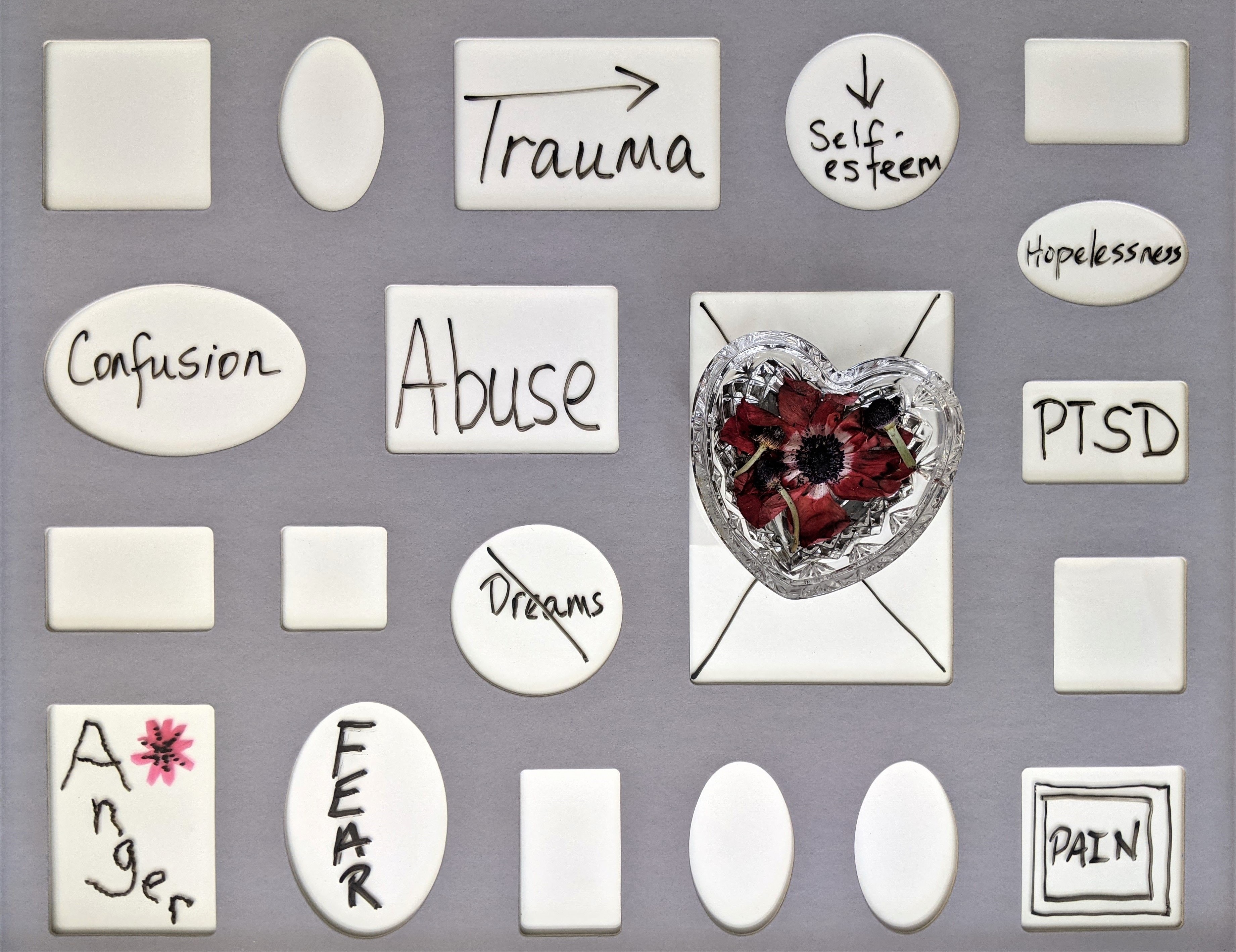Trauma is an emotional response which occurs in reaction to extreme negative events such as natural disasters, emotional, physical, and sexual abuse.
It leads to various symptoms such as dissociation, trauma, shock, flashbacks, social withdrawal, sleep disturbances, memory and concentration issues. ( American Psychiatric Association, 2023)
Trauma can be acute or prolonged, and can lead to acute- stress or post-traumatic stress disorder.
Seeking treatment is essential when a traumatic event occurs, if remain untreated it can lead to severe impairments in the personal, occupational and social life of individuals who have suffered a trauma.
Major treatment methods for dealing with trauma include therapy, medication, and eye movement desensitization and reprocessing.

Why is therapy important?
Therapy is significant because it helps heal the trauma and treat symptoms, it increases quality of life, reliefs pain and suffering, reduces flashbacks, helps with sleep problems, improves relationships and overall life.
Role of therapy in healing trauma
Therapy paves the path for healing trauma of any kind.
- Cognitive behavioral therapy helps you understand the association of your thoughts, feelings and behaviors. It makes it easier to comprehend how a certain event or thought can trigger an emotion or behavior which leads to negative symptoms. It helps you get a clear picture of your triggers, events, thought processes, associated emotions and behaviors and its relationship with trauma. It is a major step towards healing as it provides a logical and rational way of thinking and healthy coping strategies to deal with stressors or traumatic events.
- Cognitive processing therapy is a specified therapy with emphasis on the thoughts, feelings and behaviors relevant to the traumatic events. It aims to provide a safe space for the emotional catharsis, and helps in processing the overwhelming emotional responses.
- Exposure therapy is required to teach an individual healthy coping strategies. Extended amount of exposure is given to the triggers of the trauma gradually increasing the time to show the person that avoidance creates and maintains anxiety, with exposure it is learned that trauma relevant cues or triggers are not always essentially dangerous and harm inducing. It helps in calmly facing places, things, and memories you have been avoiding that have been causing you severe anxiety and stress.
- Eclectic psychotherapy helps individuals explore the feelings of guilt and shame that trauma survivors experience. It explores the unconscious processing and defense mechanisms of a person. It aids in processing and shedding the shame and guilt of a trauma experience.
- Narrative therapy is to look at the entire narrative a person forms regarding their life experiences. It emphasizes on forming a meaningful story and narrative of life without letting traumatic events define your life merely.

Research supports the effectiveness of therapy in treatment and management of trauma disorders. Systematic reviews show psychotherapies (such as CBT, ET, NT etc) helps reduce symptoms of trauma (Kar N,2011)
Trauma is a consequential experience which can cause suffering and pain if not treated professionally, psychotherapy is evidence based treatment that lays the groundwork of treatment and management and helps individuals cope better and move on with their lives.
References’
Kar N. Cognitive behavioral therapy for the treatment of post-traumatic stress disorder: a review. Neuropsychiatr Dis Treat. 2011;7:167-81. doi: 10.2147/NDT.S10389. Epub 2011 Apr 4. PMID: 21552319; PMCID: PMC3083990.






